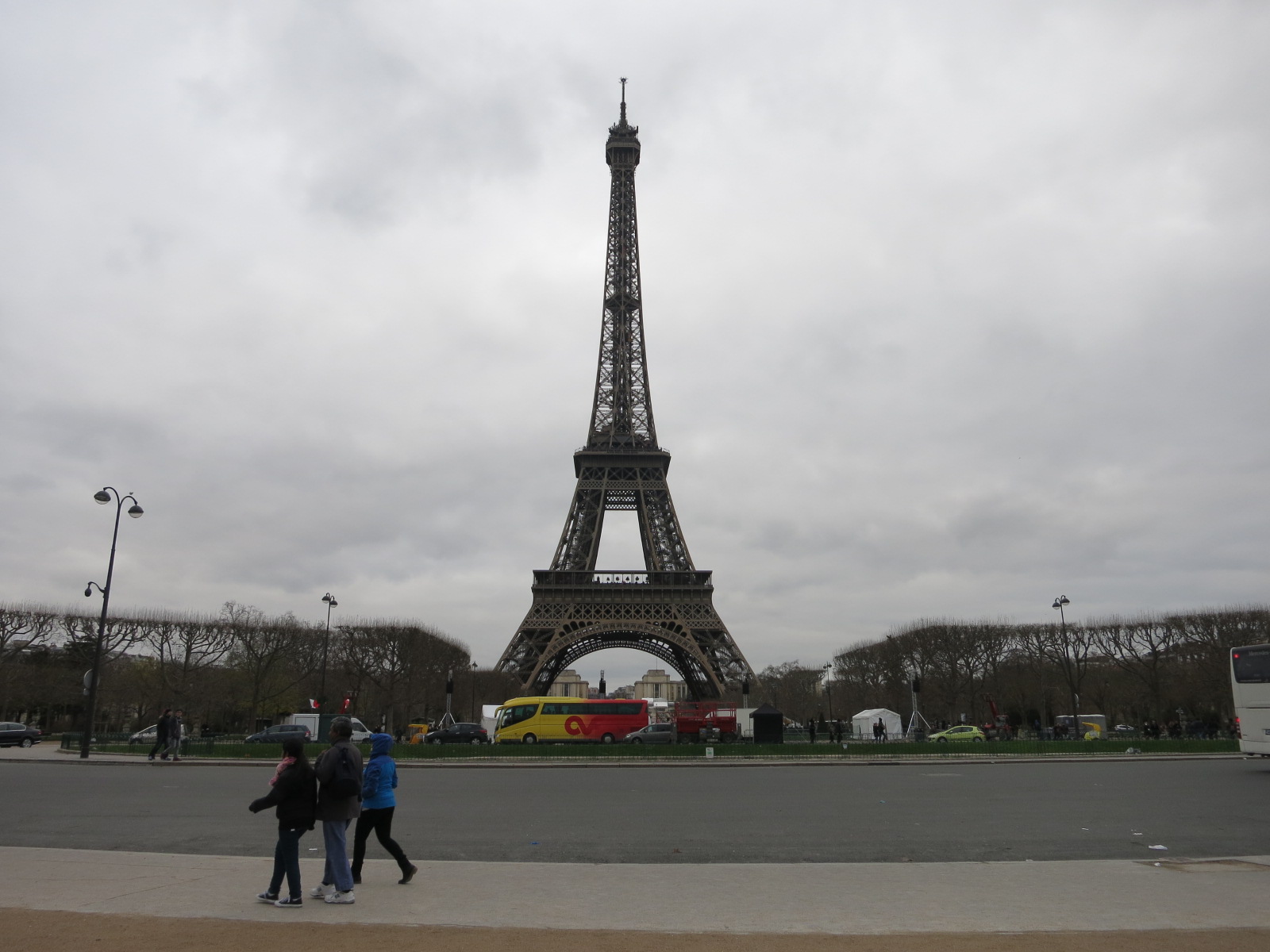The Air France pilot union is calling for a strike over a government’s proposed ban on strikes.
- The government is considering a ban on strikes “over fixed periods, up to 60 days per year.”
- The French Senate will debate the bill April 9th
- The pilot union believes that Air France is not public transport and not engaged in public service, and thus their right to strike shouldn’t be constrained to benefit the public. Doing otherwise “would “relegate” the country to an authoritarian state.”
Since the union “cannot accept” such legislation they are calling on all French pilots to strike April 15-16.

Pilots maintain that there’s a separation between the airline and society, and that they don’t owe a duty to the French public – yet their own actions undermine the claim. They say Air France is private, this new potential policy is government, and they’re protesting the government policy by striking… against the airline.
Meanwhile, it’s surreal to suggest that:
- Air France isn’t an artifact of the state The French government owns nearly 30% of Air France KLM. The airline received approximately $17 billion in subsidies during the pandemic. They have received grants of favorable slots at both Paris-Orly and Charles de Gaulle airports, which are property rights gifted by the government and which exclude competition.
- French labor law doesn’t already interfere in employee-employer relations French labor law is already tilted heavily towards striking workers. The pilot union doesn’t claim that this risks tyranny. Airlines cannot generally hire replacement workers (and can only reassign duties to existing workers). Here the French state gives labor tremendous leverage over employers through force of law.
The French Labor Code also imposes severe conditions on an employer’s ability to dismiss workers, from severance pay to a worker’s right to challenge dismissal in labor courts. It requires consultation with a Social and Economic Committee and developing job-saving plans and plans to minimize the impact of layoffs through transfers and retraining where more than 10 employees are involved.

The French government is the primary owner of Air France and heavily involved in French labor relations. New legislation threatens to tinker with rules that would limit harm to French citizens from strikes at this business that’s been deemed systemically and socially important (hence billions in subsidies from citizens). With this change, if it were to come to pass, French law would still tilt heavily towards workers.
And pilots not downtrodden as union workers might normally want to be thought of. These aren’t factory workers during the industrial revolution. On average Air France pilots earn around $160,000 with senior captains frequently earning in excess of $250,000 per year. French per capita GDP is only just over half that of the United States, so these numbers are even more impressive.
Oh, France. French pilots striking to push for government policies protecting their privileged positions at the expense of the government’s average citizens is an awkward position to be in, but come to think of it not all that different than ALPA in the United States.
(HT: One Mile at a Time)


@ Gary — The idea of banning strikes is absurd. The natural reaction is to go on strike. What’s the government going to do, fire everyone? Plus, banning striking in France is like banning wine and cheese in France.
“with senior captains frequently earning in excess of $250,000 per year. ”
That’s a massive cut in real terms since prior to deregulation. They made nearly that amount in nominal dollars in 1990.
It has been years since my business travel to France consistently involved trying to figure out ways around the incessant strikes by somebody or other – the metro, the airlines, the trains, the taxis, against uber, etc., etc. I fear my skills are rusty, but there was always some way to circumvent things. Many times they would only shut down part of the system, leaving a large portion still operating. There also used to be an online chart that somebody kept updated on who was striking when in France, since the dates of the strikes always kept changing.
Just in time for the 2024 summer Olympics in Paris. Most of us will be watching it on TV, conveniently.
This is sad because just think what a successful country France would be if they had so much less unionization, labor “protections” and government. I mean the US isn’t exactly doing great and they are at 50% GDP per person.
The French go on strike constantly. Obviously unions aren’t working out that great if they feel the need to constantly strike.
Ah yes, the French. Never met a pleasant one.
Unions, as they are currently structured, are a pox on society and the antithesis of freedom. Balance the bargaining scales by allowing companies to fire anyone who refuses to perform their job duties.
France need Le Pen to win.
If nothing else but to stop the replacement of the indigenous population.
Striking against strikes? How French.
This union has called off strike .